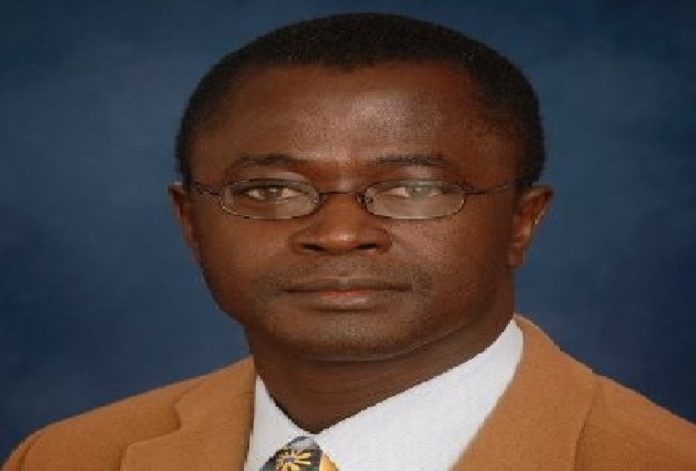Omar Janneh
The appointment of Mr Essa M Faalas the lead counsel to The Gambia’s Truth, Reconciliation and Reparations Commission is welcome. From what was reportedas well as from private research, Mr. Faal is a very good choice for the assignment. He has some 24 years of experience in judicial process as a Lawyer. He is a heavyweight, with relevant wide-ranging international prosecutorial experiences.
Mr. Faal spent some 18 of the 24 years working either as an International Human Rights Lawyer or on project(s) to help bring about good governance for developing countries. Briefly, he worked as UN Judicial Affairs Officer, acted as Deputy General Prosecutor for Serious Crimes and also Chief Prosecutorin East Timor. In the last 6-7 years, he worked as Senior Trial Lawyer/Lead Prosecuting Counsel in the Darfur investigations; he was Co-Lead Defence Counsel in a number of rights abuse cases (Kenya, Liberia, Libya, and Philippines). Thus Mr. Faal has a commendable track record in international human rights law; his huge experience, international exposure and high calibre contacts may be of immense benefits to this assignment. And because he knows a thing or two about how the issue of conflict of interest, if unaddressed, has the tendency to complicate investigations [if interested, click hereand readers may also be interested in the pieces on allafrica.com], he may be able to work with the Chairperson so that corrective steps can be taken to restrain the manner in which The Gambia’s TRRC is being set up so that its work is not seen as partial and consequently made difficult, futile or both.
To ensure that his track record remains untarnished, it is very much hoped that he would use his vast experience in the international arena to do things using internationally-acceptable standards rather than succumb to the clan-based attitude that has dragged the country down for decades. Of course, Mr. Faal does not need to be told that the recommendations of even well-run commissions are usually very difficult to implement, not least because the implementation of most of the recommendations invariably cost money and human resources. But it is because most serious Commissions may find failings to do with the actions of the sitting government, the previous government or government-backed institutions of current or past government(s). Pointing the finger of blame at a sitting government and asking it to get its house in order is often difficult – the political will to change the status quo may be lacking. Other complications may arise from cases to do with atrocities/rights abuses. Often the perpetrators are either dead or unreachable (absent). How does one reconcile with the dead or easily and relatively quickly bring to justice the absent? From his experience in East Timor, Mr. Faal knows the difficulties in bringing to justice those responsible for atrocities. In East Timor, most of those charged with atrocities/rights abuses remain free in Indonesia. And what also makes the service of justice even more problematic is that if conflicted individuals are involved in bringing forward maximum level of evidence – as they see it- against perpetrators, it is challenging to make such evidence admissible in court against the perpetrators who may need to be prosecuted. It’s hoped that Mr. Faal will use his experience in ensuring that the duty to administer justice with fairness, impartiality, and without fear will be at the heart of his work and that government will give him the space and independence, without interference, to do his work.
We also urge Mr. Faal and the Chairperson to help bring professionalism into the work of the TRRC. The TRRC needs a website and needs it now. It is an important national project with international dimensions. Posting TRRC announcements on personal Facebook walls is very crude, cheap and unprofessional and must stop; such posts may not reach the wider inter/national audience they need to reach. The world is watching, we must do everything possible to blunt inter/national criticism.




